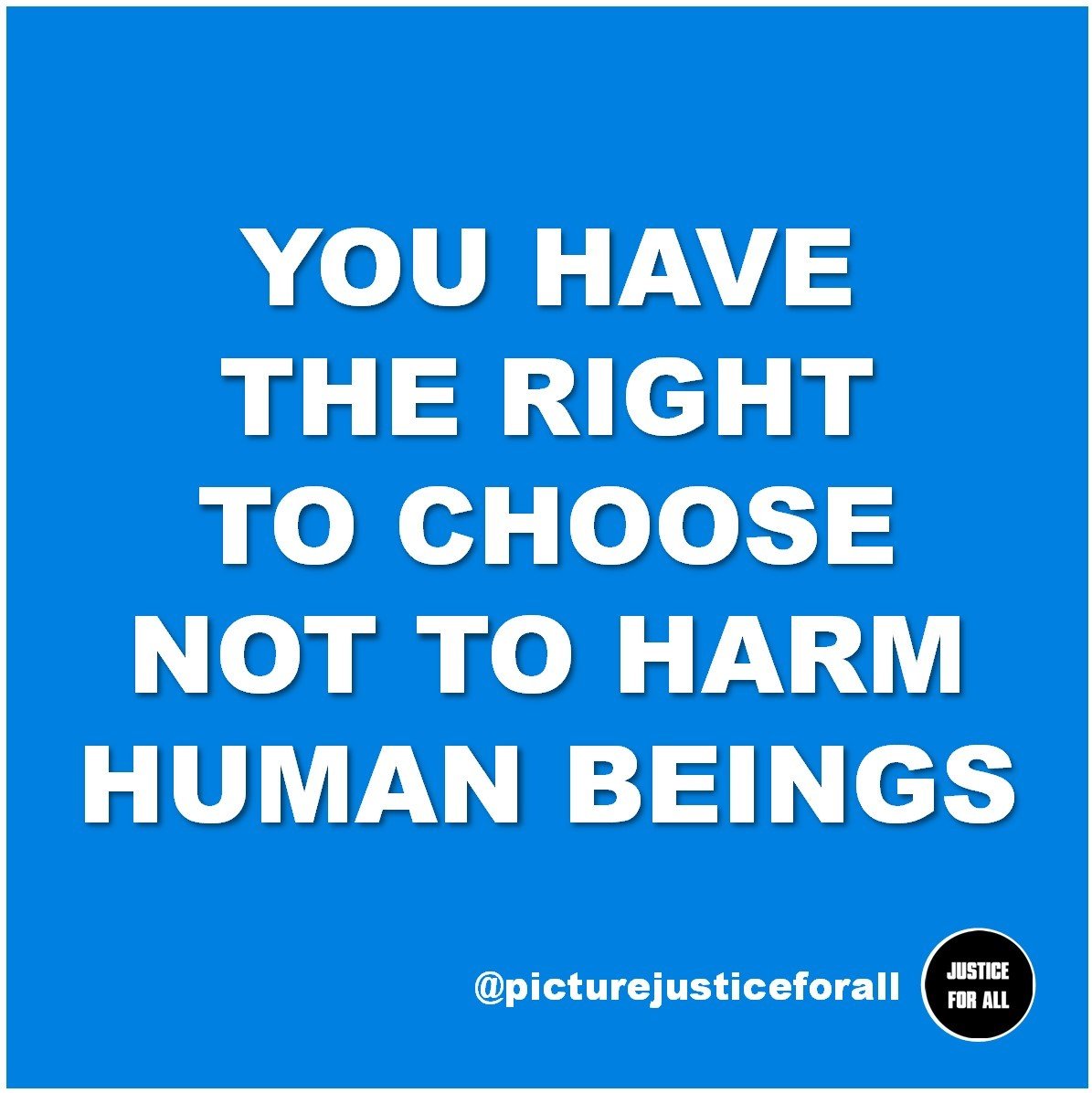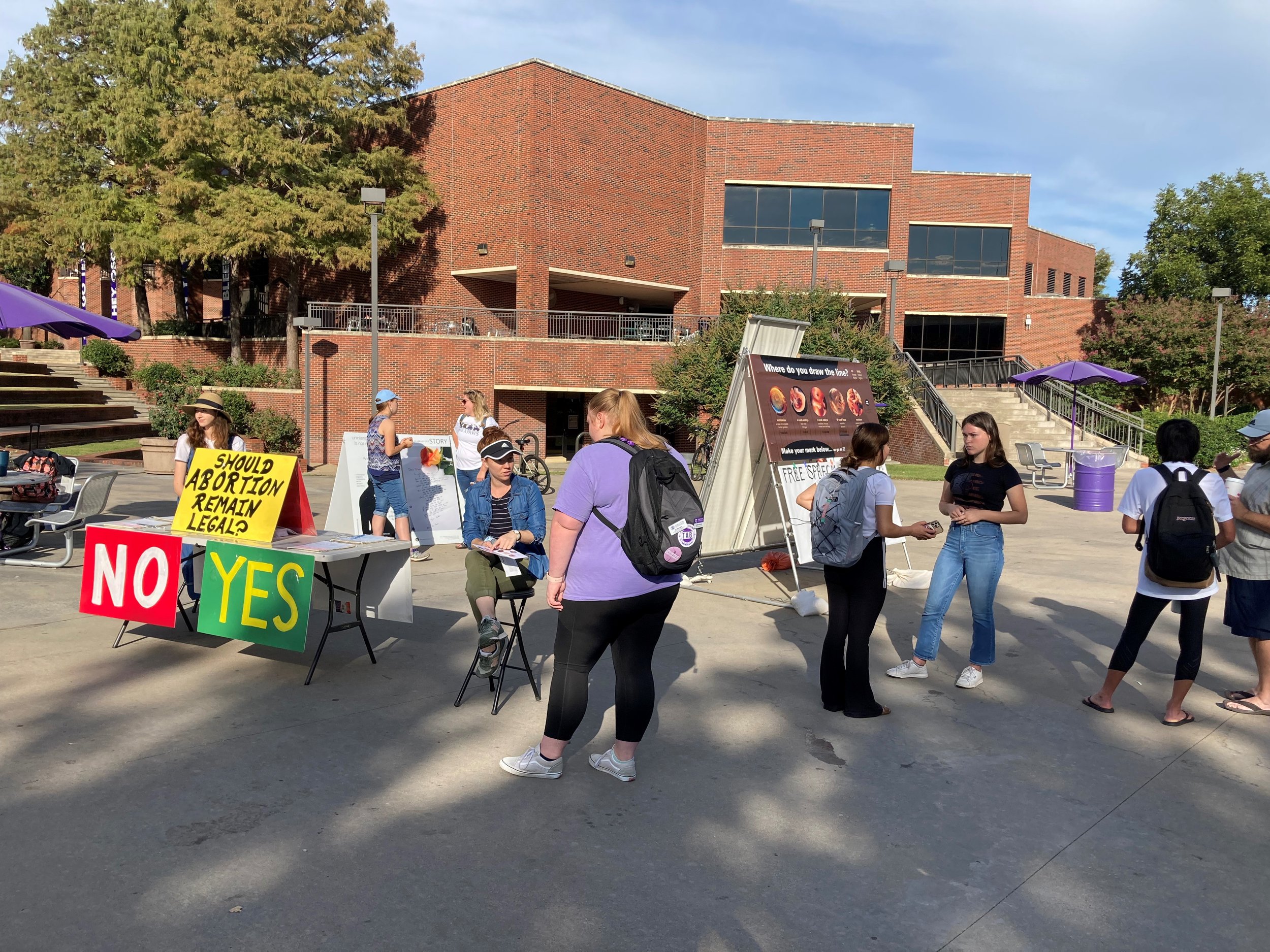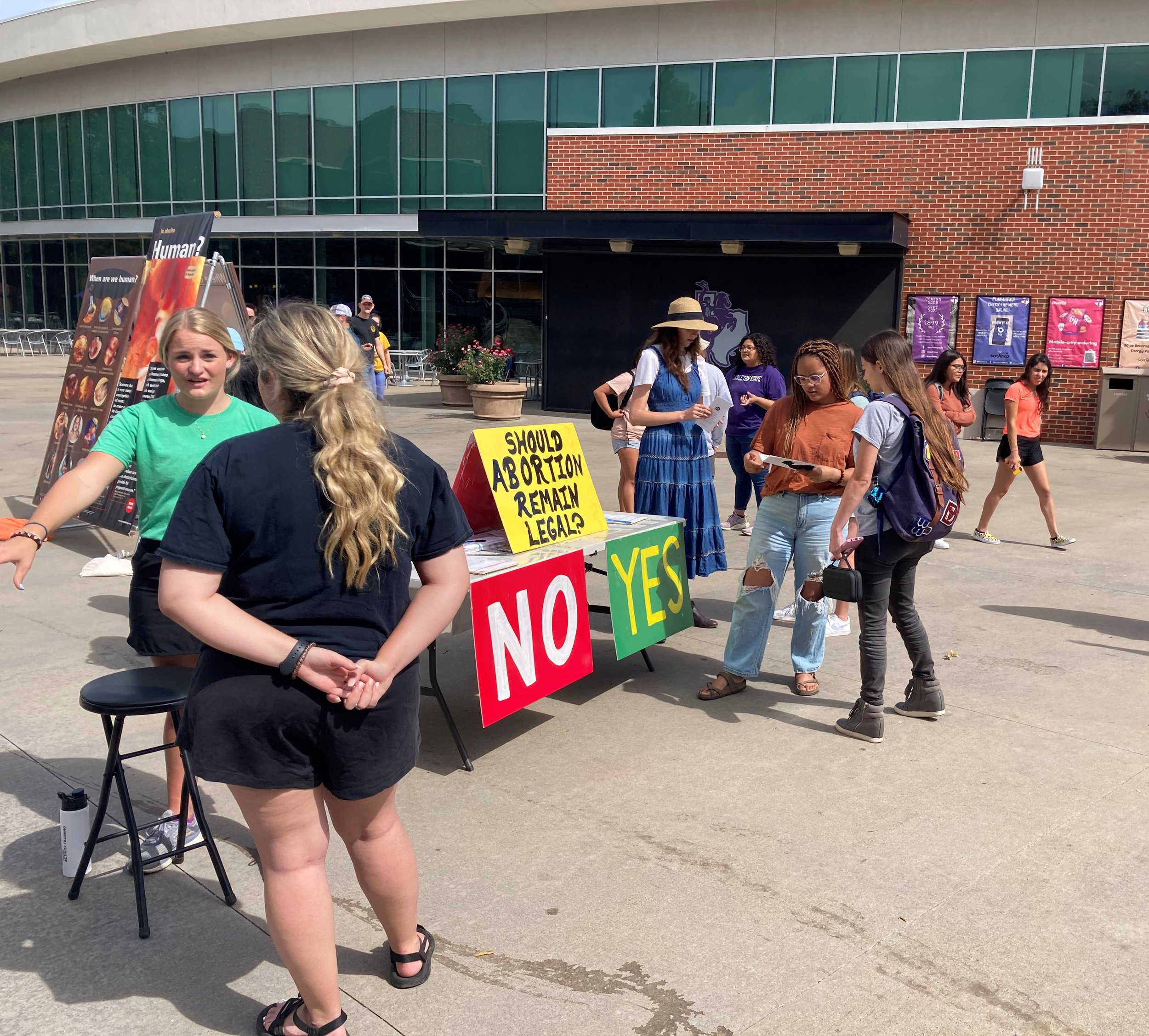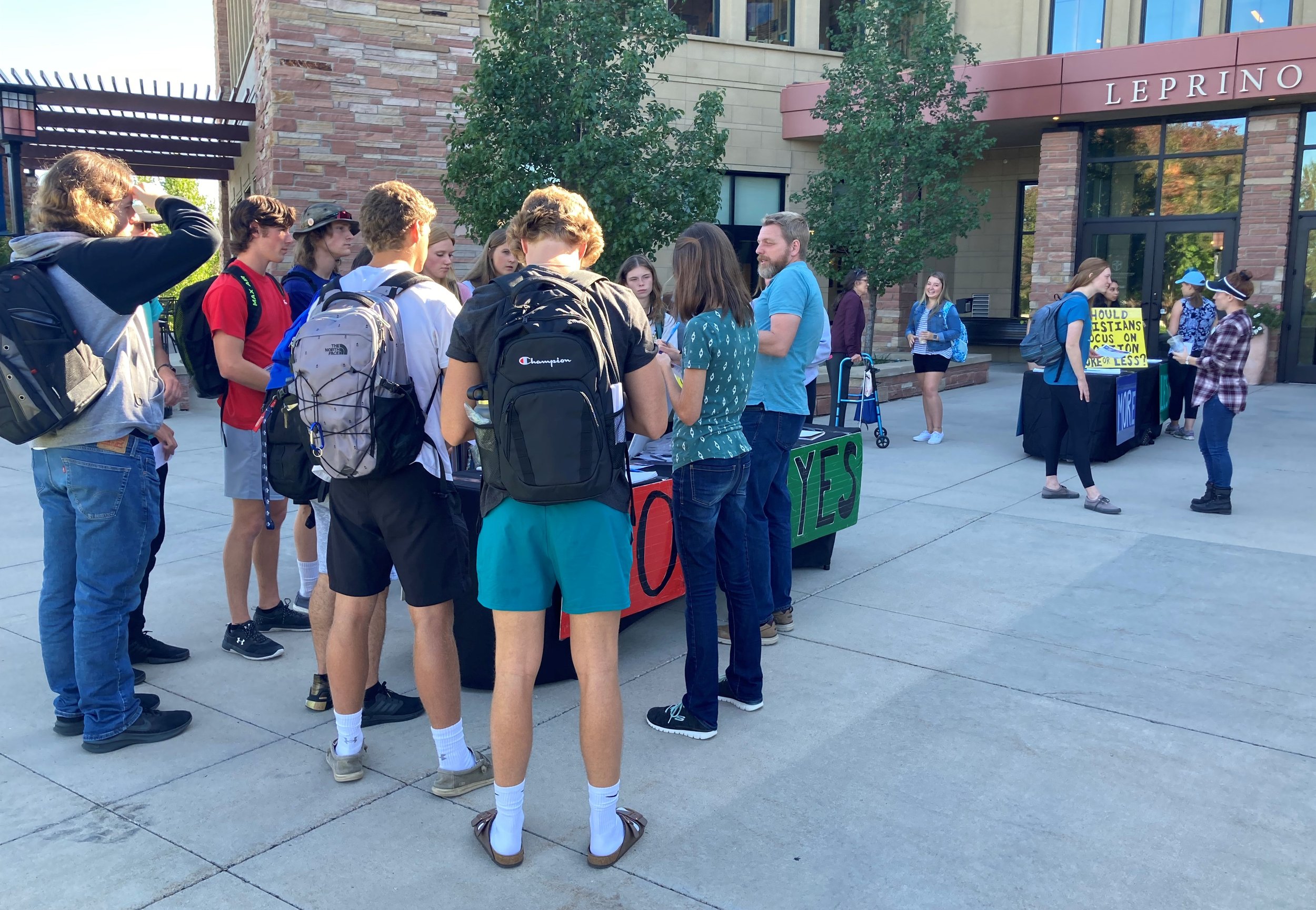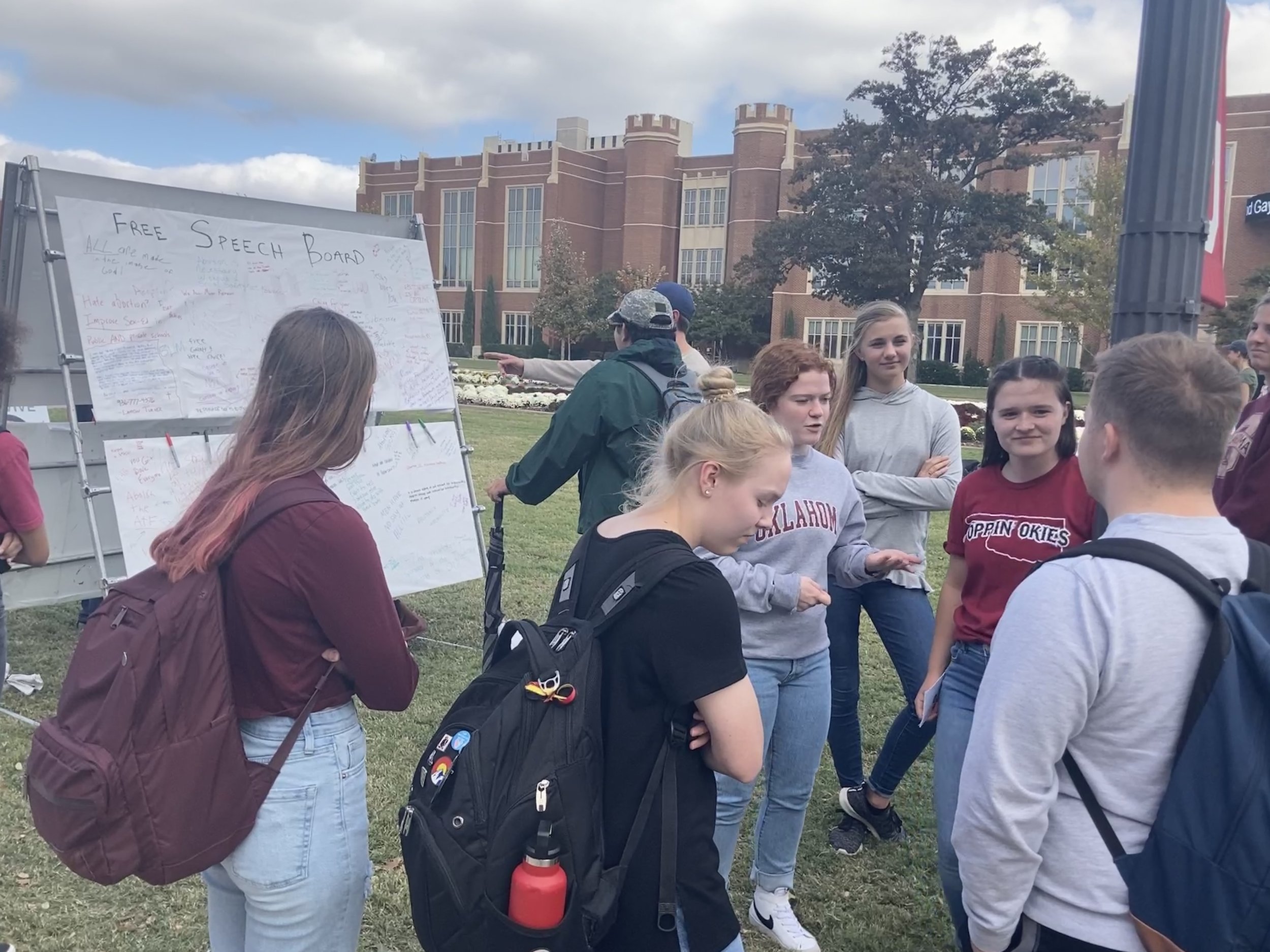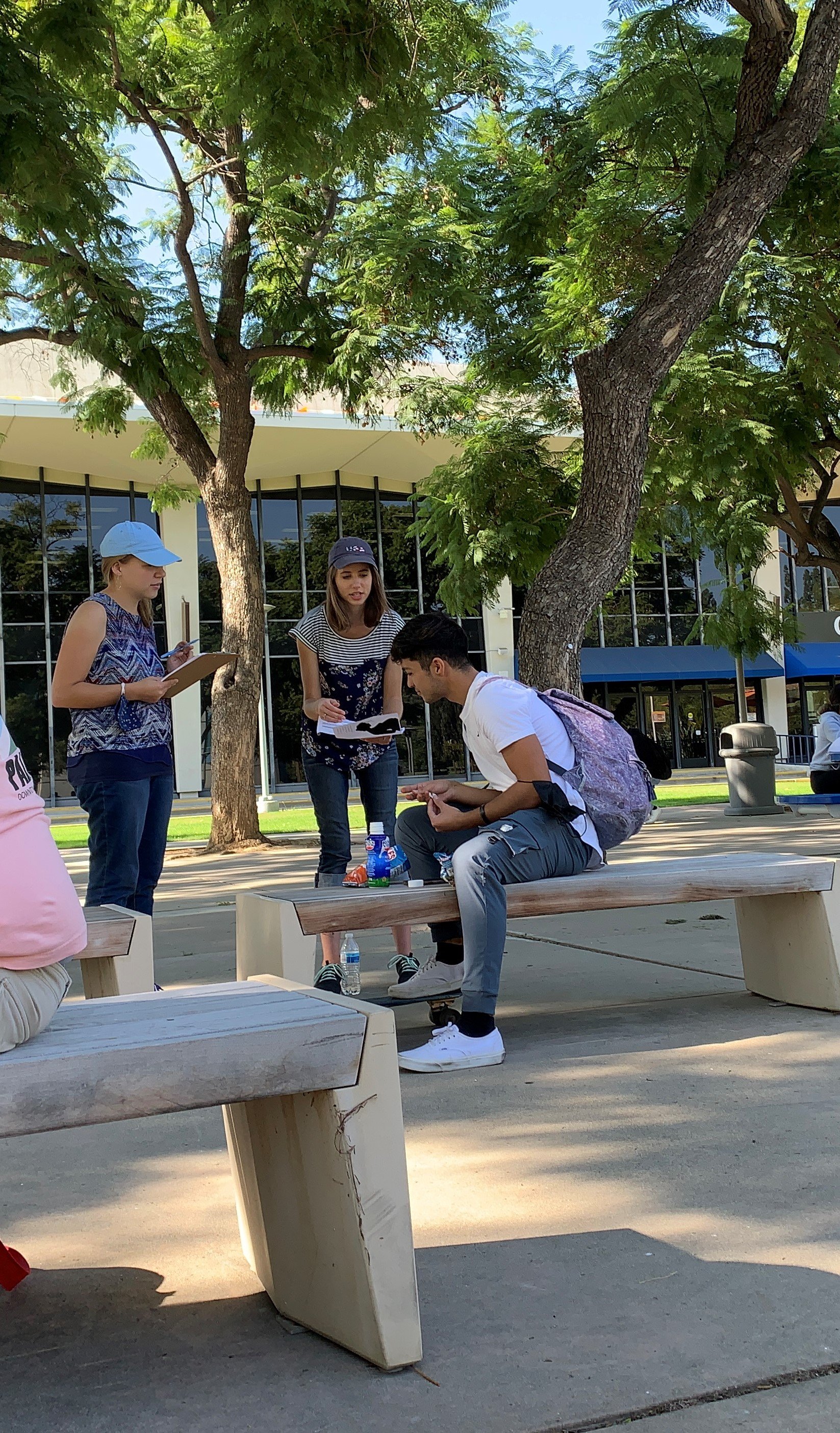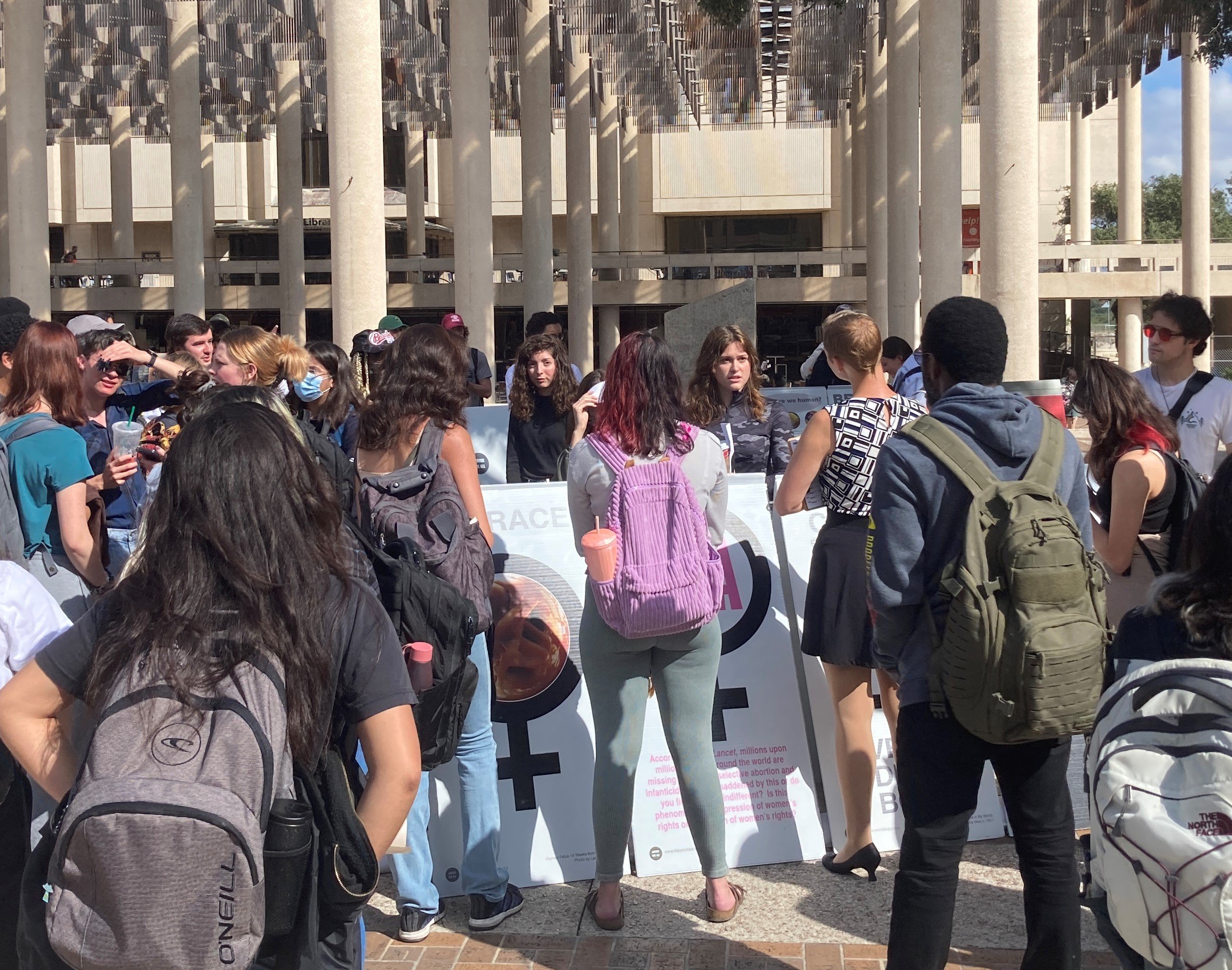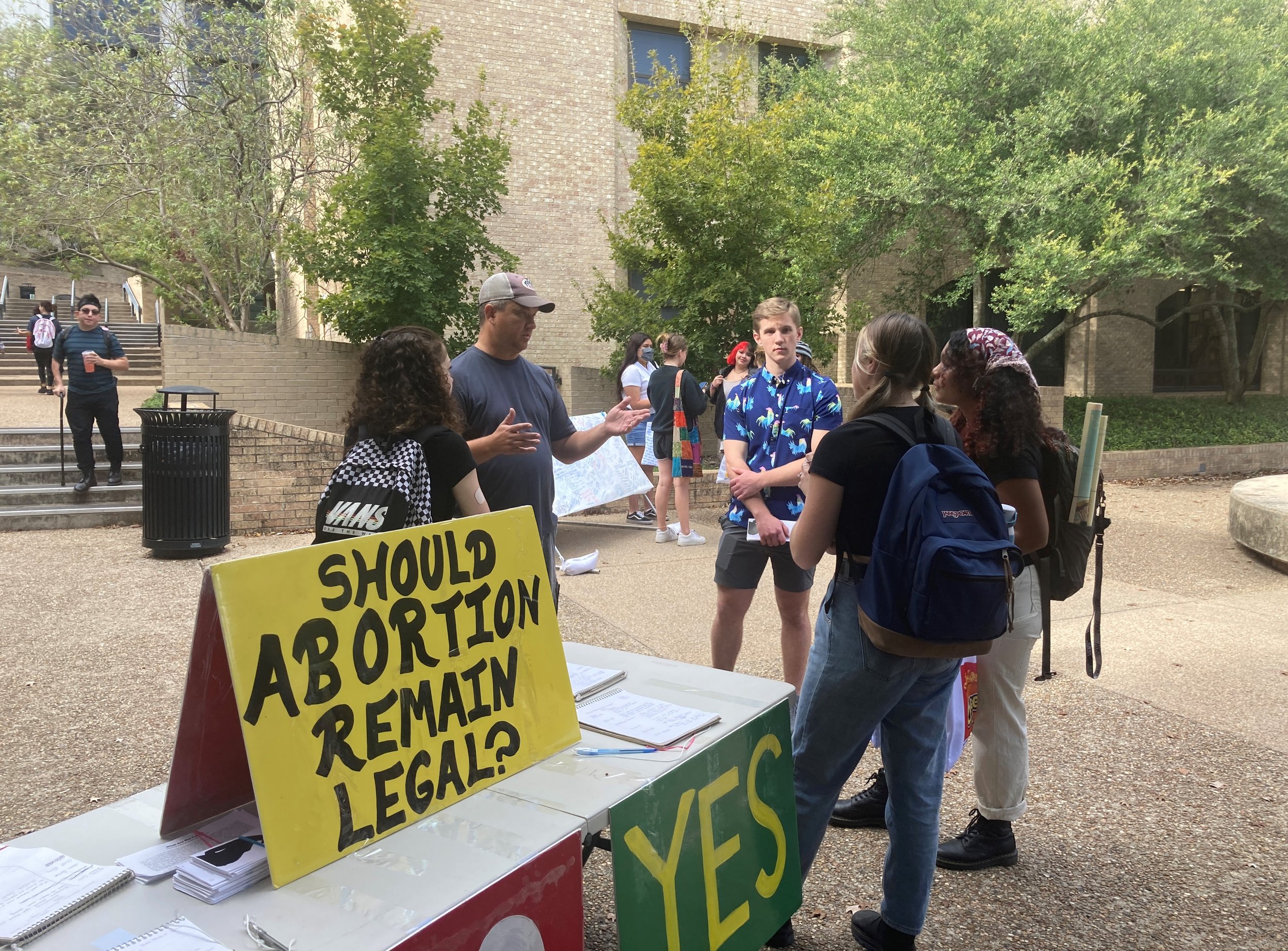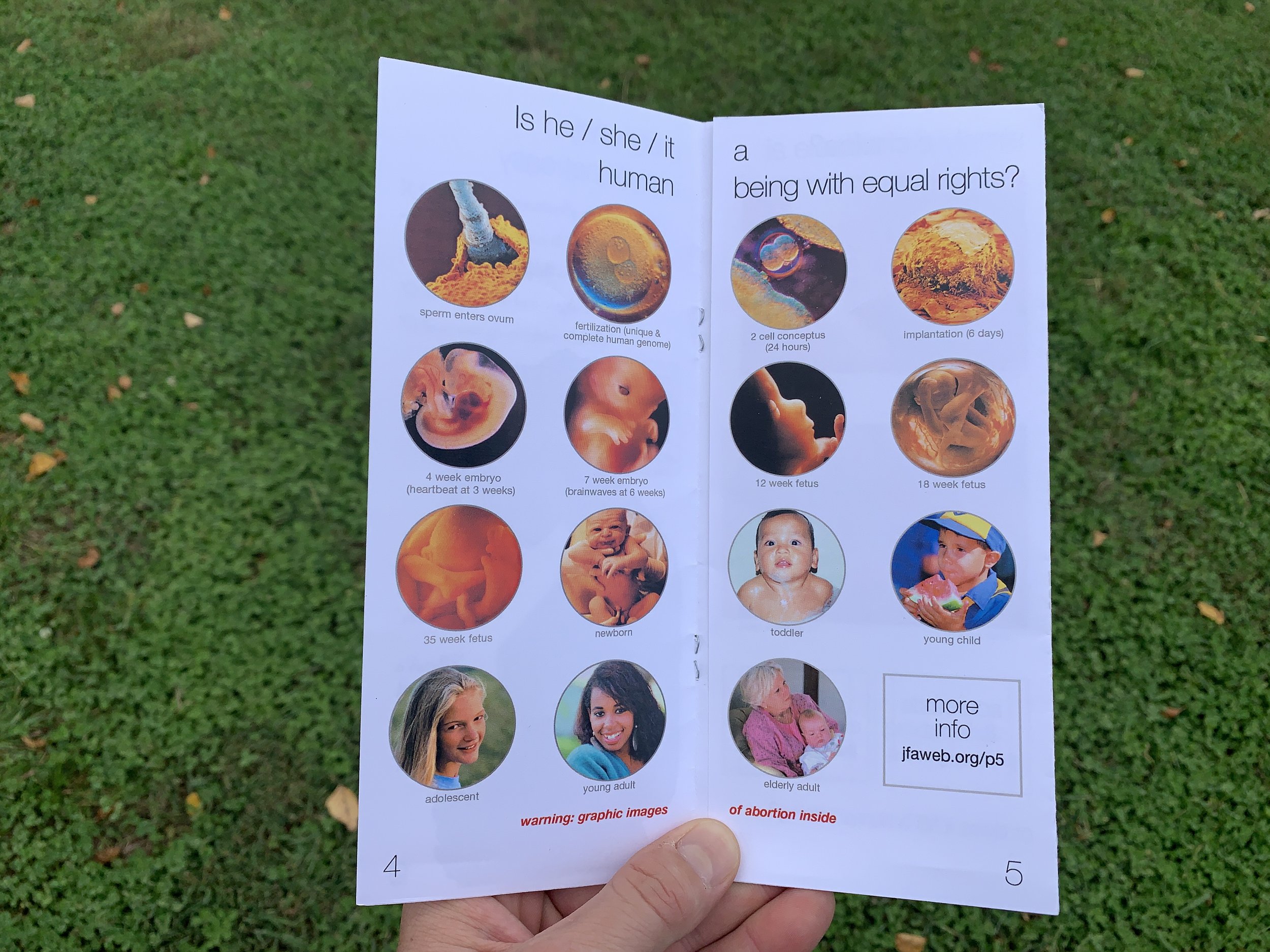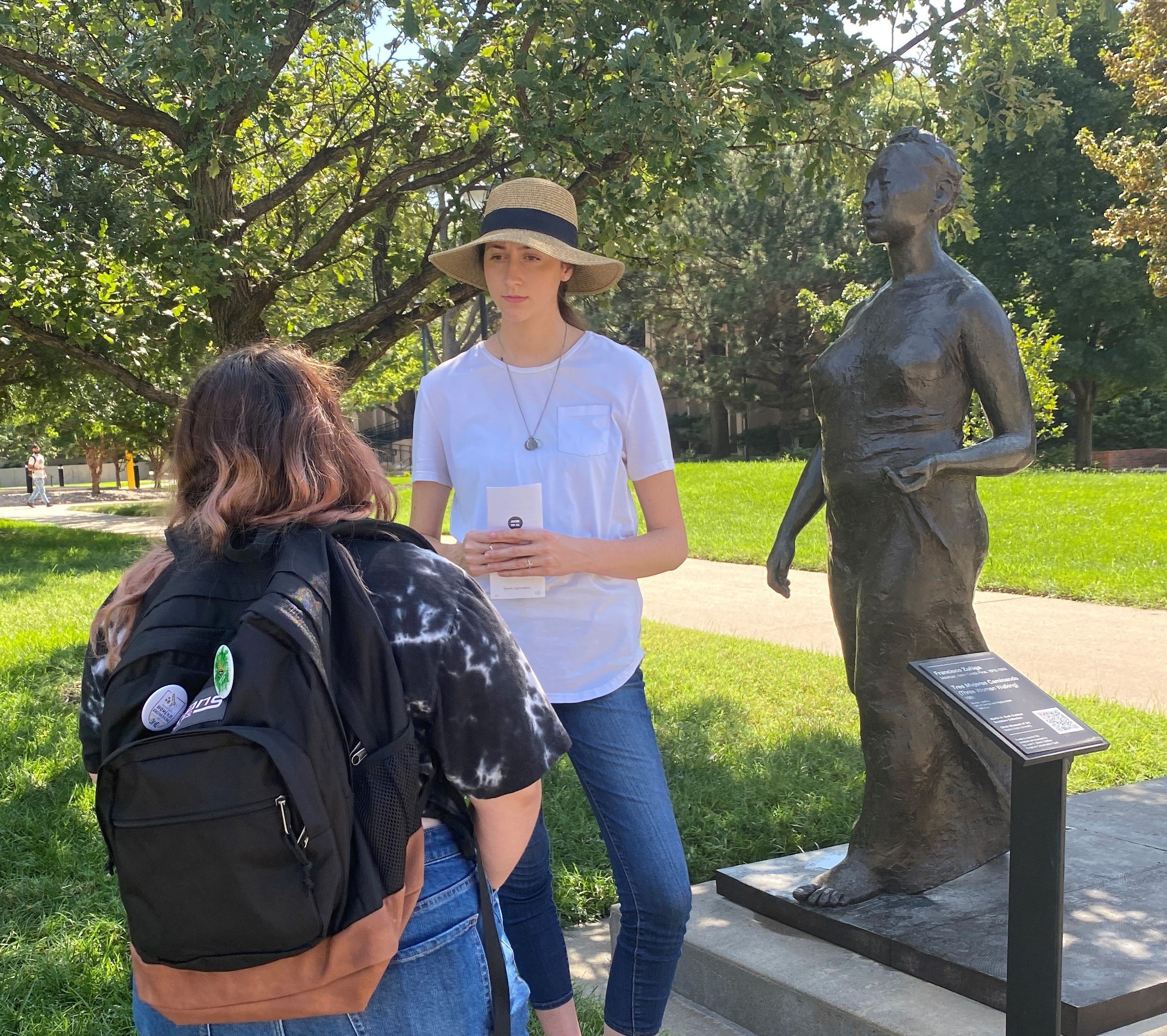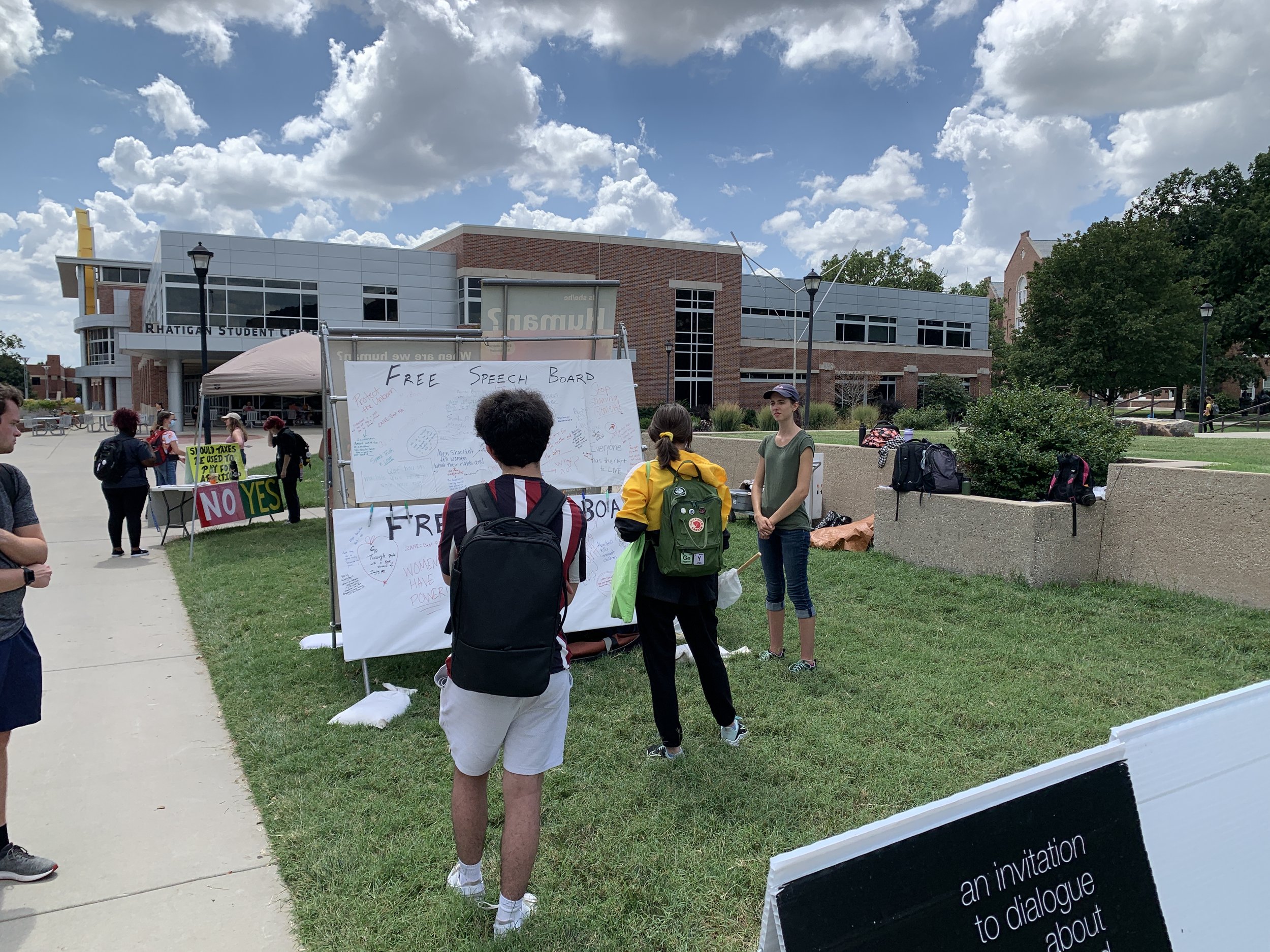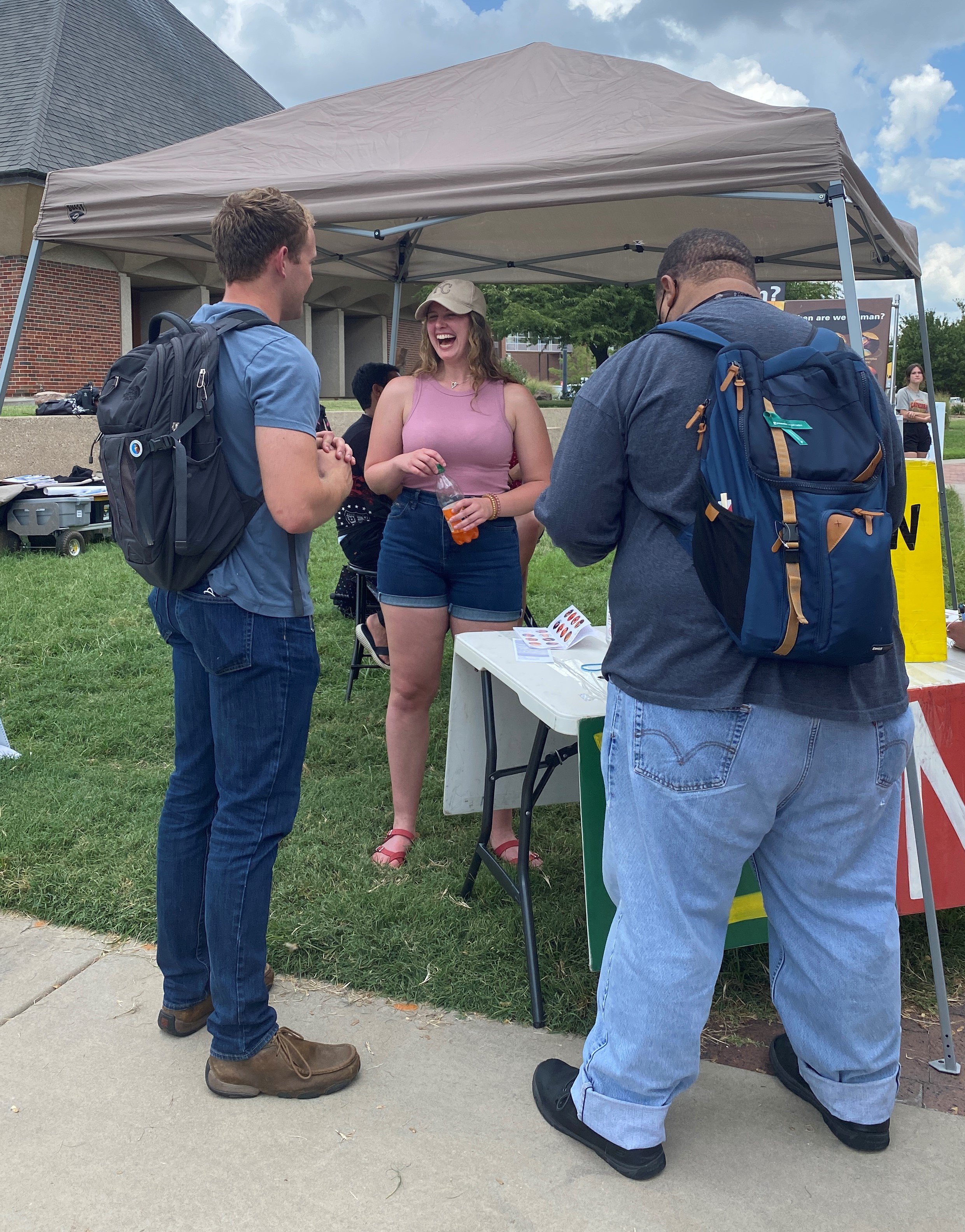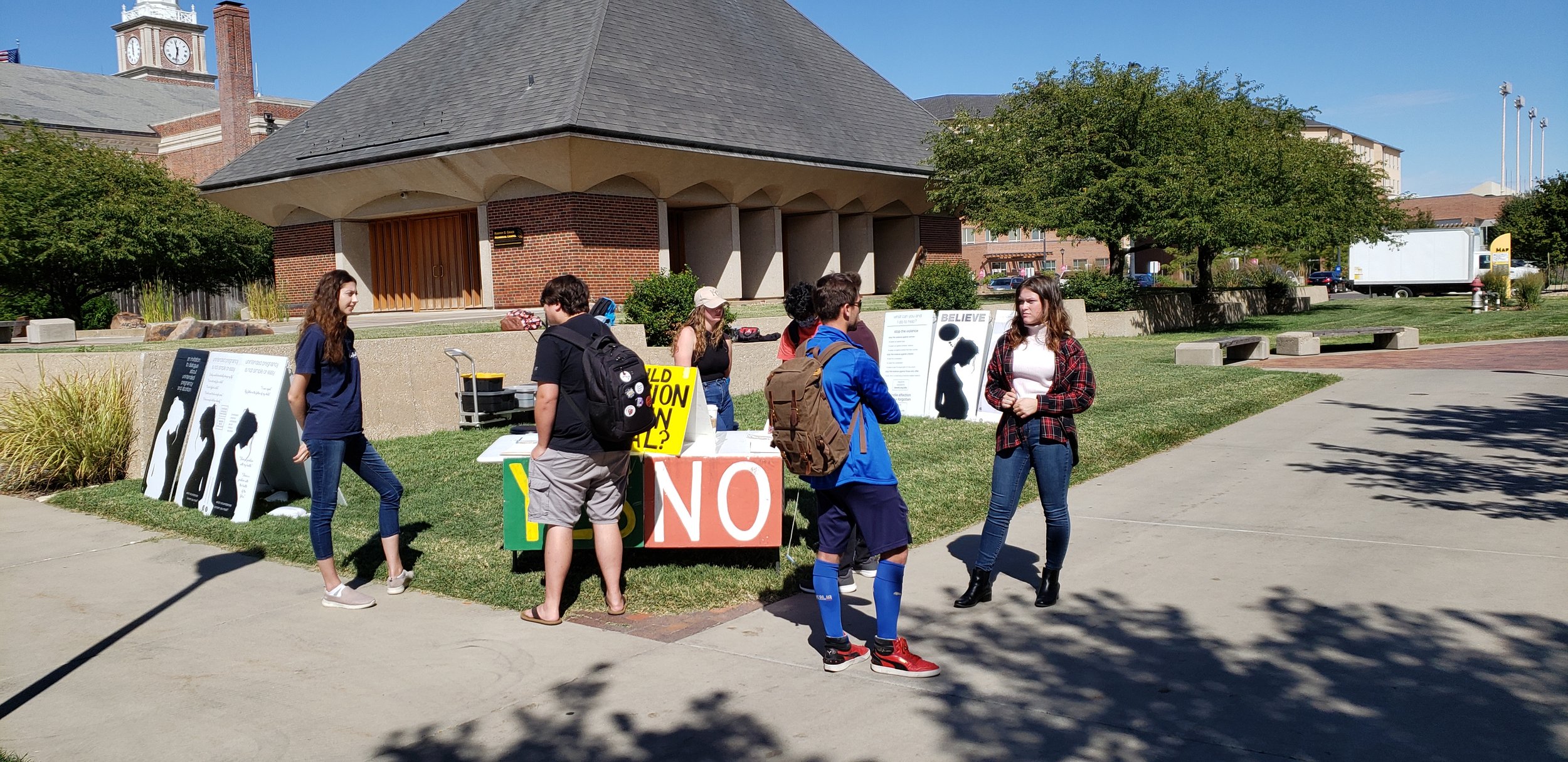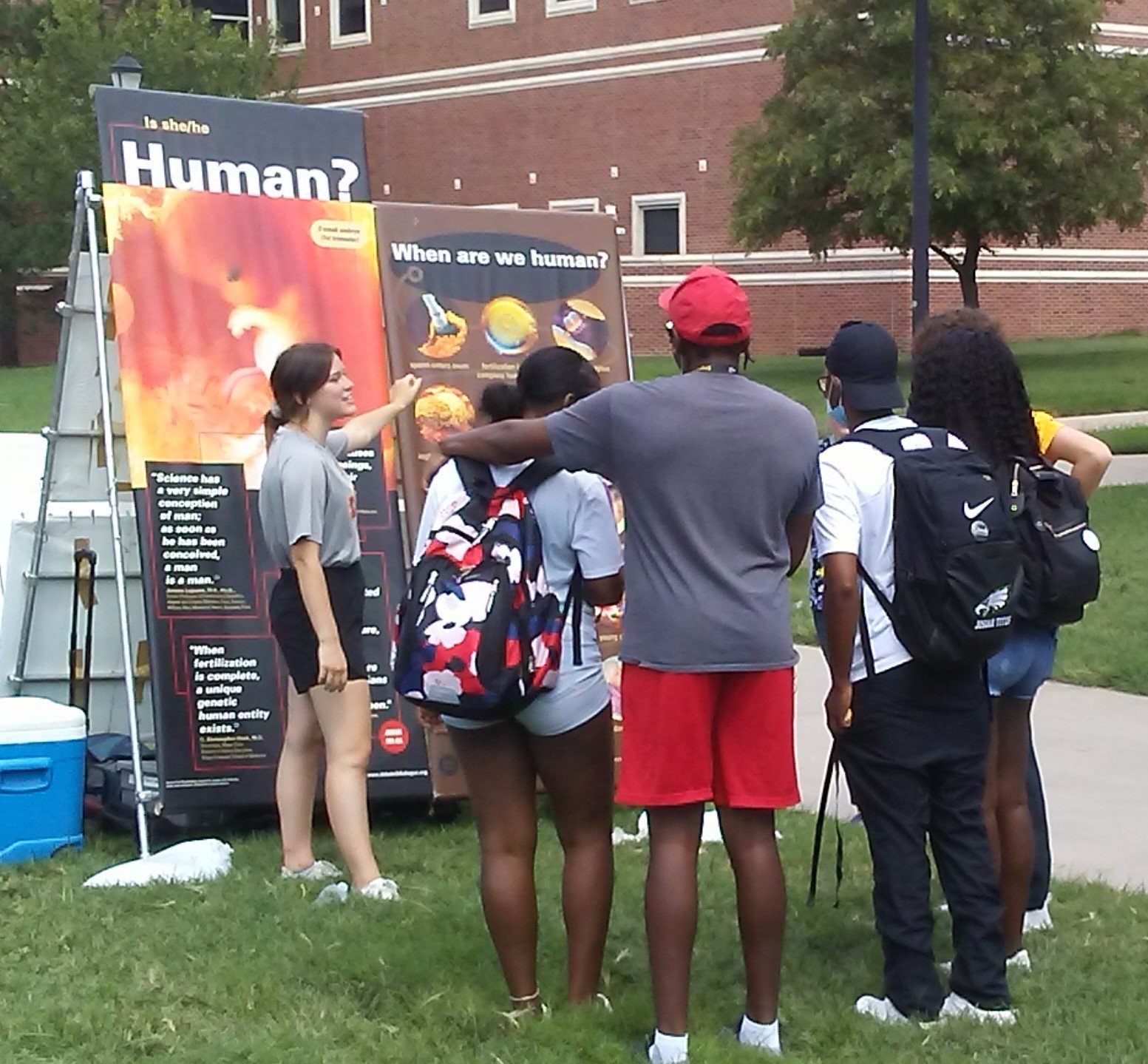After serving at JFA for almost a decade, my sister Joanna Bai is moving on from her JFA work to focus completely on her growing family (she is due to give birth to another baby in March). Jon Wagner and I consider it a great gift and privilege to have been allowed to serve alongside our dear sister at JFA for so many years. The rest of the JFA team has expressed similar sentiments.
In this Impact Report we are featuring a conversation story Joanna shared in her March 2013 newsletter both because of the impact within the story itself, but also because it illustrates Joanna’s compelling teaching, her heart for mentoring, and her beautiful, clear writing – just a few of the many ways Joanna has impacted JFA’s team and mission. Please join us in thanking God for Joanna and enjoy with us this look back at His work through her. Thank you, Joanna! We will miss working with you! - Steve Wagner, Executive Director
Impact Report, March 2022
She started out defending abortion because of the plight of those in poverty. In just minutes, she said, “We really need to resolve the question of what the unborn is.” From there, I was able to help her find an answer. What caused the change?
I noticed “Jamie,” a confident young student at the University of North Texas, when she rode her bike up to the edge of the Justice For All Exhibit [Nov. 2012*]. It took me a few moments to decide if I would approach her. I’m so glad I did.
Joanna (right) interacts with a student at Arizona State in February 2013. Image: Cheryl Caffarella Wilson
Joanna (right) interacts with a student at Arizona State in February 2013. Image: Cheryl Caffarella Wilson
I asked Jamie what she thought about abortion. She told me openly, “Well, don’t get me wrong, I don’t like abortion. It just seems like difficult circumstances make it necessary. I’d say I’m pro-choice.”
“What sorts of circumstances are you concerned about the most?” I asked. She replied, “There are so many things. What about poverty? How can we force women who have no money and no resources to have kids? And how can we force those kids into such horrible lives?”
Jamie was raising an important point, but I knew that the fact of poverty itself wouldn’t help us discover whether abortion is a good solution to poverty. The conversation that followed illustrated perfectly one of the things we teach JFA volunteers: With abortion, there’s one central question we need to answer before moving on to other questions. I follow four steps to help people discover for themselves how central this question is. We call this process Trot Out a Toddler.*
Step 1: AGREE where possible.
Joanna: Jamie, I agree with you that many women have so little money and so few resources that it is difficult for them to be mothers. We need to be more concerned about those in poverty.
Step 2: APPLY the situation to a two-year-old.
Joanna: But Jamie, imagine a woman who is living in extreme poverty and who absolutely cannot rear a child. She doesn’t even have enough money to feed herself. Imagine that this woman has a two-year-old. Should she be able to kill that two-year-old because their lives are so difficult?
Jamie: Of course not. She cannot kill a two-year-old!
Joanna: I agree. Of course she cannot kill her two-year-old. And I know that question sounds a little odd on its face...
Joanna (left) interacts with students at Arizona State in February 2013. Image: Cheryl Caffarella Wilson
Joanna (right) interacts with students at Arizona State in February 2013. Image: Cheryl Caffarella Wilson
Step 3: ASK WHY the mother cannot kill the two-year-old.
Joanna: ...but let me ask you this: Why is it not okay to kill the two-year-old?
Jamie: Well, it’s not okay to kill the two-year-old because the two-year-old is a human being.
Step 4: AH! (The light-bulb moment: Discovering the central question, “What is the unborn?”)
Joanna: I agree. So it sounds like we don’t need to resolve the question of whether poverty matters. We agree that it certainly does. Rather, the question we need to resolve is, ‘What is the unborn?’ If the unborn is human like the two-year-old, then we can’t kill the unborn even because of poverty, right?
Jamie looked at me and I could tell she was thinking hard. She replied,
Jamie: That makes a lot of sense. I don’t know that much about when we become human, but it seems like that is the question we have to answer.
Most people will agree that abortion kills something, but whether or not we can kill a living thing depends first on what it is. Some pro-choice arguments address this question, “What is it?” and argue that the unborn is not a valuable human being. But others, like Jamie’s, ignore the unborn completely. Although arguments like hers raise important concerns, they assume that the unborn is not valuable. The four-step Trot Out a Toddler process helped Jamie realize that she needed to focus on the central question, “What is the unborn?”
Jamie and I continued our conversation for a few more minutes, discussing the evidence for the biological humanity of the unborn. We also discussed why we can have confidence that the unborn human has the same basic human rights that you and I have. Toward the end of the conversation, I was excited to see the progress we had made:
Jamie: You know, a lot of my friends are the ones protesting over there. [A number of pro-choice students had gathered with drums and signs to protest during the outreach.] But, I actually grew up in a Christian home, and my parents are pro-life. I don’t see eye to eye with my parents about a lot of things – for instance, I’m a lesbian – but I think I can agree with them about this issue. I think I can call myself pro-life now. I thought, by the way my friends talked, that you all were gonna shove anti-gay, anti-woman rhetoric at me. But I actually enjoyed this conversation. I really appreciate the way you all are creating dialogue.
I thanked her, and then she said something I’ll never forget:
Jamie: I have a lot of friends who have had abortions. And Joanna, you can see the change in them after the procedure. They carry an undeniable emptiness, as if they’ve truly lost a person.
And with that, she had to go to class.
Jamie’s barriers to being against abortion had been mainly social and cultural. She didn’t want to be identified with certain politically conservative views or certain “pro-life” people. The Trot Out a Toddler process was essential in our conversation because it helped her focus on the central question “What is the unborn?” Although this tool didn’t make the pro-life case for me, it helped Jamie and I agree about the question we needed to answer. It was just a short step from that point of agreement to Jamie’s moment of realizing that abortion is wrong because it kills a valuable human being.
* This story originally appeared in Joanna Bai’s March 2013 newsletter. See the links below to read other letters from Joanna. We owe the memorable phrase “Trot Out the Toddler” to Scott Klusendorf (prolifetraining.com) and the concept of “one central question” to Greg Koukl (str.org).






